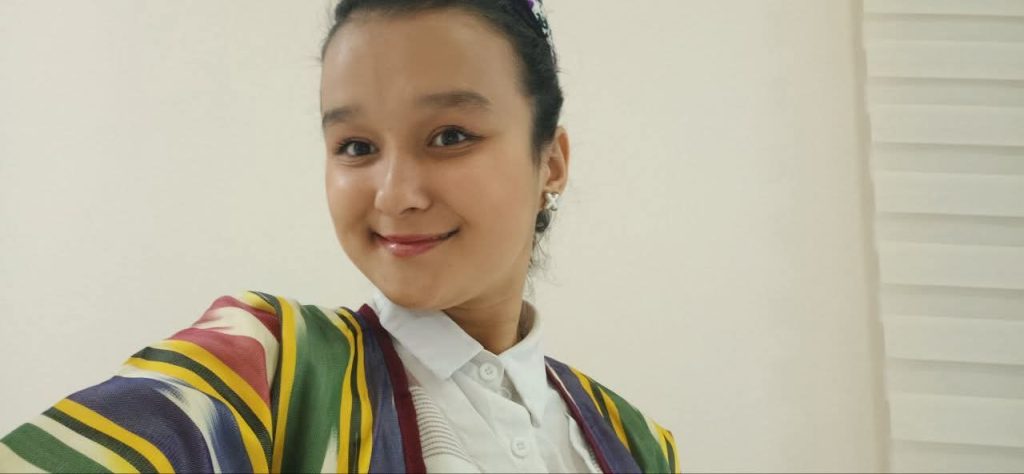
Uzbekistan’s Culture: A Journey Through History and Modernity
Uzbekistan, located in the heart of Central Asia, boasts a rich cultural heritage that blends ancient traditions with contemporary life. Its culture has been shaped over millennia by various civilizations, trade routes, and peoples, making it a unique mosaic of art, music, architecture, and literature. From the era of the Silk Road to modern times, Uzbekistan has been a crossroads of ideas, religions, and artistic expression, giving rise to a deeply layered cultural identity.
The cities of Samarkand, Bukhara, and Khiva stand as timeless symbols of Uzbekistan’s cultural richness. These cities, recognized as UNESCO World Heritage sites, are home to magnificent mosques, madrasahs, mausoleums, and palaces. Their intricate tile work, carvings, and decorative patterns reflect centuries of craftsmanship and artistic excellence. For example, the Registan in Samarkand, with its grand madrasa ensembles, showcases the architectural genius of the Timurid era. Similarly, Bukhara’s Ark Fortress and Kalon Minaret highlight the city’s historical significance as a center of learning and trade. These historical monuments not only tell stories of the past but also inspire modern architectural projects, blending classical designs with contemporary creativity.
Music and Performing Arts
Music is an integral part of Uzbek culture. Traditional forms such as Shashmaqam, a classical Central Asian music style, continue to be performed at cultural events and celebrations. Instruments like the dutar, tanbur, and doira carry the soul of Uzbek music, providing rhythms for both ceremonies and festive gatherings. Dance also plays a significant role, from ceremonial dances performed at weddings to lively performances at cultural festivals, expressing the joy, emotions, and identity of the Uzbek people.
Folklore and oral storytelling, often accompanied by music, preserve the values and wisdom of past generations, ensuring that cultural knowledge is passed down to youth. Uzbek literature has a rich history, with poets such as Alisher Navoi leaving a lasting legacy. Navoi’s works, written in Chagatai Turkish, are celebrated for their depth, wisdom, and lyrical beauty, addressing themes of love, morality, and human values. Modern Uzbek writers continue this tradition, addressing contemporary social issues while preserving national identity through their literary works. Language serves as a key carrier of culture, connecting generations and fostering a sense of unity. Uzbek proverbs, sayings, and oral poetry, still widely used, reflect the philosophical and moral outlook of the nation, linking everyday life to historical roots.
Traditional Crafts and Visual Arts
Uzbekistan is renowned for its traditional crafts. Silk weaving, pottery, embroidery, and miniature painting are not only artistic expressions but also symbols of cultural identity. The city of Margilan, for instance, is famous for its silk production, while Rishtan is known for its unique ceramics, with blue-and-white patterns that have been perfected over centuries. These crafts are often passed down through families, keeping ancient techniques alive while allowing room for modern innovation. Visual arts, including calligraphy and miniature painting, remain an important medium for storytelling and spiritual expression.
Modern Culture and Creativity
Uzbek culture is not limited to history; it thrives in modern creative expressions. Contemporary Uzbek cinema, theater, visual arts, and music are gaining international recognition. Young artists bring innovation to traditional forms, merging heritage with new ideas. Cultural festivals, art exhibitions, and international collaborations highlight Uzbekistan’s commitment to both preserving and evolving its cultural identity. The fusion of modern design with traditional patterns can be seen in fashion, architecture, and media, reflecting a dynamic and evolving cultural scene.
Tourism plays a vital role in promoting Uzbek culture globally. Visitors to Uzbekistan can experience ancient Silk Road cities, vibrant bazaars, and unique handicrafts firsthand. Traditional cuisine, such as plov, samsa, and shurpa, also provides a window into daily life and cultural practices. Cultural experiences, such as attending a Navruz festival or listening to live Shashmaqam performances, allow travelers to immerse themselves in Uzbekistan’s heritage. These experiences help the world understand Uzbekistan’s historical significance and contemporary vitality, fostering cross-cultural appreciation and exchange. Uzbekistan’s culture represents a remarkable blend of history and modernity. It preserves ancient traditions while embracing creativity and innovation. Every citizen is a custodian of this heritage, contributing to its ongoing story. Through its art, music, literature, architecture, and culinary traditions, Uzbekistan continues to share its rich culture with the world, bridging the past and the future. By valuing its history and supporting modern creativity, Uzbekistan ensures that its cultural identity remains vibrant and relevant for generations to come.
Xoʻjyozova Dildora, Uzbekistan

